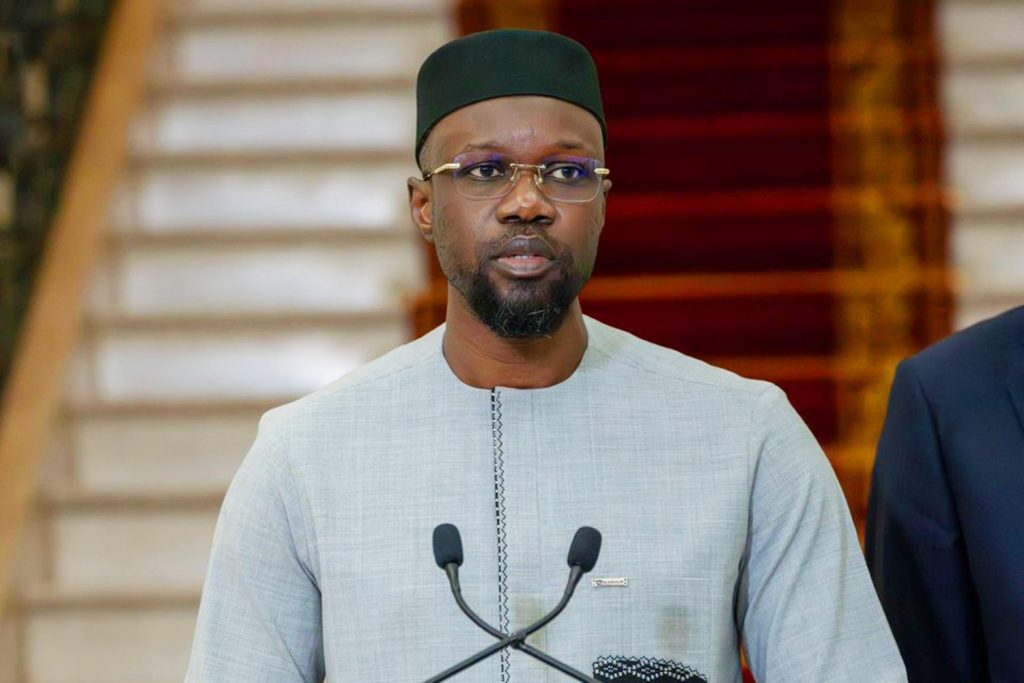On Monday, Senegal’s government is set to unveil an ambitious plan aimed at decreasing its reliance on foreign aid and debt, instead prioritizing local resources and human capital. Prime Minister Ousmane Sonko emphasized this shift as part of a broader commitment to change the country’s development trajectory, a promise made by President Bassirou Diomaye Faye upon taking office in April.
Sonko criticized past development strategies, stating, “The approaches imposed on us will not foster the progress our nation needs.” He highlighted that this initiative represents a significant departure from previous policies characterized by excessive borrowing for projects that do not contribute to sustainable, self-sufficient development.
During a recent visit to a vocational training center established in collaboration with Japan, Sonko cited the East Asian nation as an exemplary model for development despite its limited natural resources. “The Japanese model is ideal for African nations. We prefer to be taught to be self-sufficient rather than rely on external assistance,” he remarked.
Despite its rich reserves of natural resources, including oil, gas, and minerals, Senegal remains classified as one of the least developed countries. The new development program aims to guide the nation over the next 25 years.
In a political context, Sonko has yet to present his general policy address, as the government navigates tensions with an opposition-led parliament. Following a turbulent initial six months, President Faye dissolved the national assembly in September and announced snap elections scheduled for November 17.
The “Senegal 2050” initiative aims to combat poverty, triple per capita income by 2050, and achieve annual economic growth of six to seven percent. The proposed development framework will be structured around eight key hubs throughout the country, according to Sonko.
At the end of September, Sonko described the economic situation as “catastrophic,” following a government review of public finances that revealed a budget deficit of 10.4 percent of GDP, significantly higher than the 5.5 percent reported by the previous administration. Additionally, public debt was disclosed at 76.3 percent of GDP, compared to the prior estimate of 65.9 percent.
Sonko accused the former government of Macky Sall of manipulating financial data and misleading international partners, a claim that has been denied by the previous administration. Recently, Moody’s downgraded Senegal’s credit rating and placed the nation under observation, highlighting the urgent need for reform.

